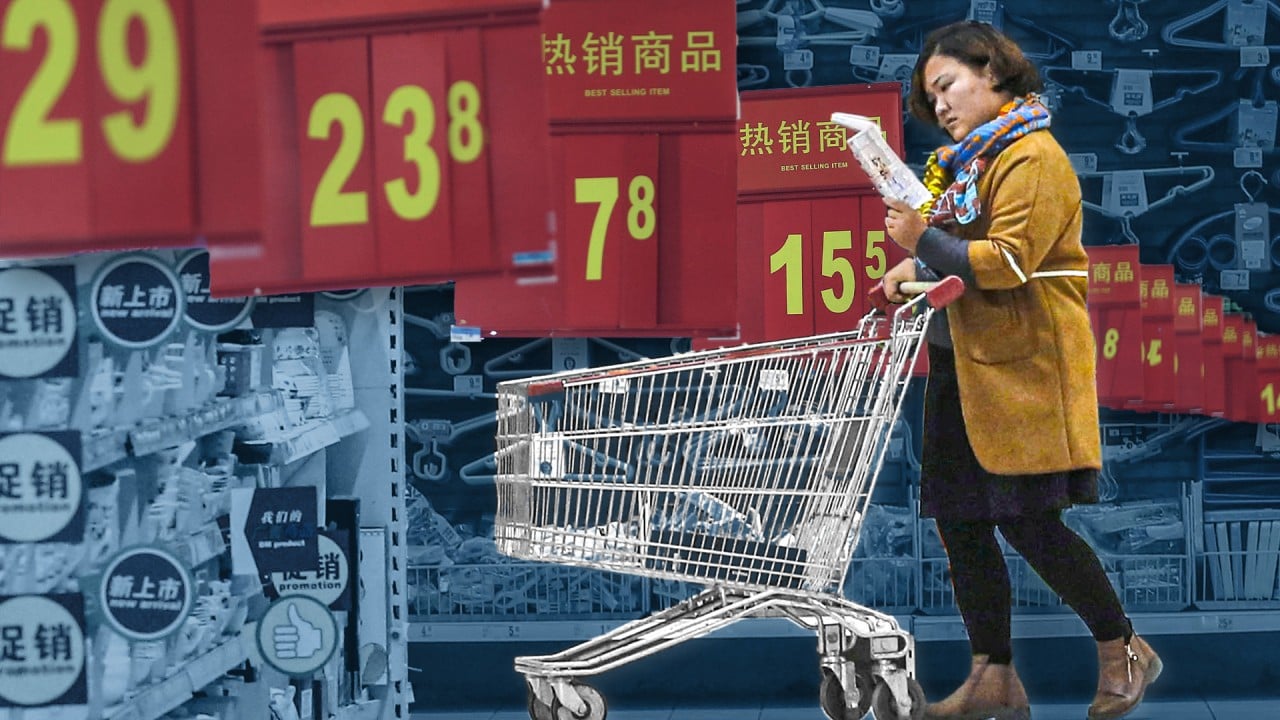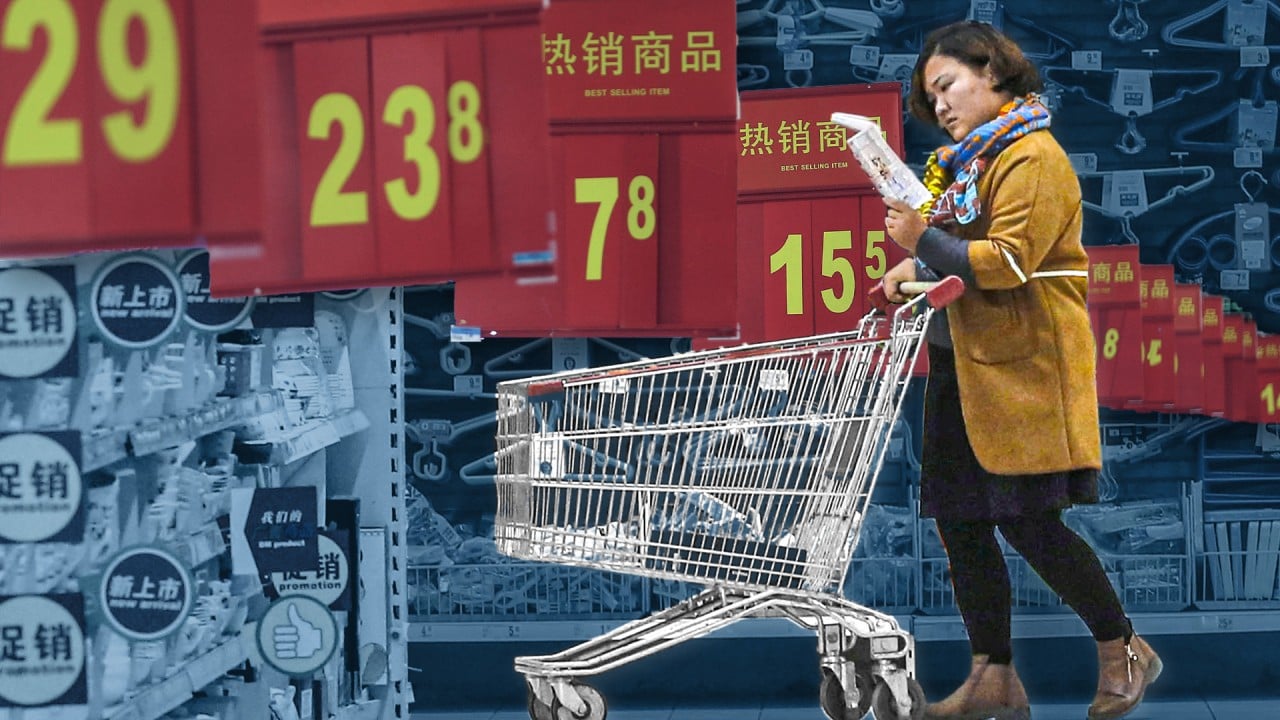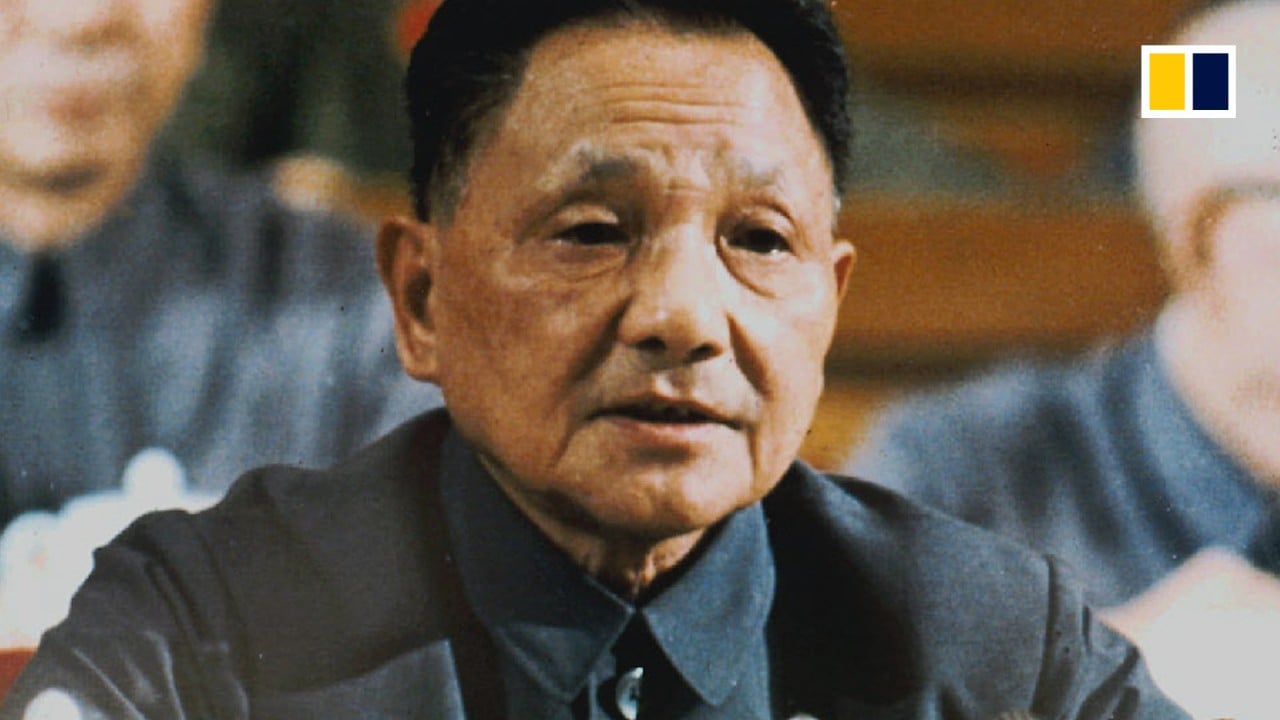China will continue on the path of economic reform, tackling the “most urgent things” first, a high-profile commentary in the Communist Party’s official newspaper pledged ahead of a long-awaited conclave next month.
The new reforms will focus on “reform of the economic system”, including “upholding and developing the basic economic system” and “building a high-level socialist market economy”, according to the article published on the front page of People’s Daily on Wednesday.
The article appeared under the byline of Ren Zhongping, a pseudonym that means “important commentaries by People’s Daily” and is often used to set the official tone on major policies and current affairs.
The reforms are expected to be unveiled at the party’s third plenum next month, a gathering that is widely seen as an opportunity to set economic strategy for the next five to 10 years.
According to the commentary, new policies are needed to strengthen “coordination” between the various reforms to “prevent and overcome the phenomenon of each department working separately and restraining each other”.
The process should become a “major political responsibility” for officials, and should “uphold fundamental principles and break new ground”, but not “make subversive mistakes”.
The article also looked back at the gains that it said had been made since the third plenum in 2013, after Chinese President Xi Jinping came to power.
The 2013 meeting proposed “letting the market play the decisive role in allocating resources”, which was seen as a signal of a freer economy.
“No country or party has been able to promote such a wide range of reforms on such a large scale and with such determination in such a short period of time,” the commentary said.
These achievements were both political, such as the party’s “self-revolution” – referring mainly to the ongoing, decade-long anti-corruption campaign – and economic, it said.
Among the economic achievements highlighted was the start of construction in May of Tesla’s second “Gigafactory” in Shanghai. The factory “took only one month from negotiation to signing”, a process that was helped by “an optimised business environment”.
The commentary also cited China’s 22 free-trade zones and the Hainan Free Trade Port as examples of “high-standard opening up”.
Other examples included Xiongan New Area in Hebei province, one of Xi’s signature projects, and the Greater Bay Area, a scheme to link Hong Kong, Macau and neighbouring cities in Guangdong province into an integrated economic and business hub.
The party congress, held every five years, endorses some 370 members of the Central Committee, including the Politburo, the party’s top decision-making body, as well as ministers, provincial party secretaries, senior military officers and heads of state-owned enterprises. They usually meet seven times during the committee’s five-year term.
The third plenum has been a landmark event since 1978, when paramount leader Deng Xiaoping set China on the road to reform.




